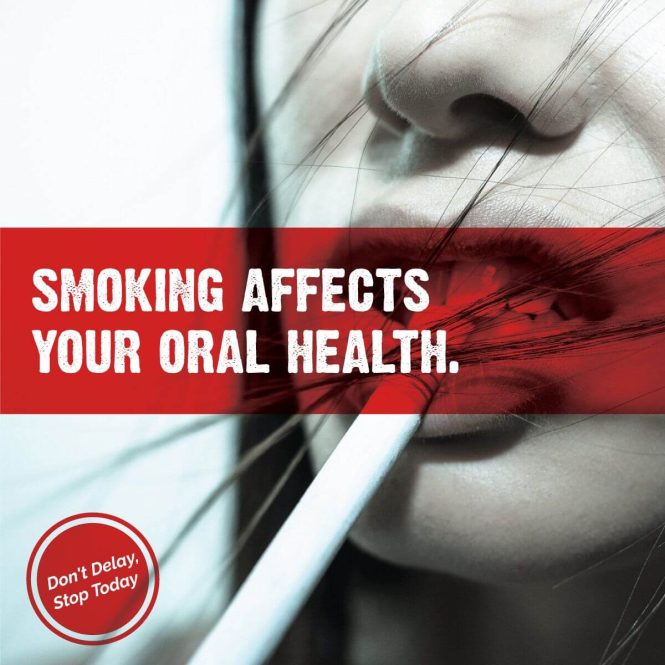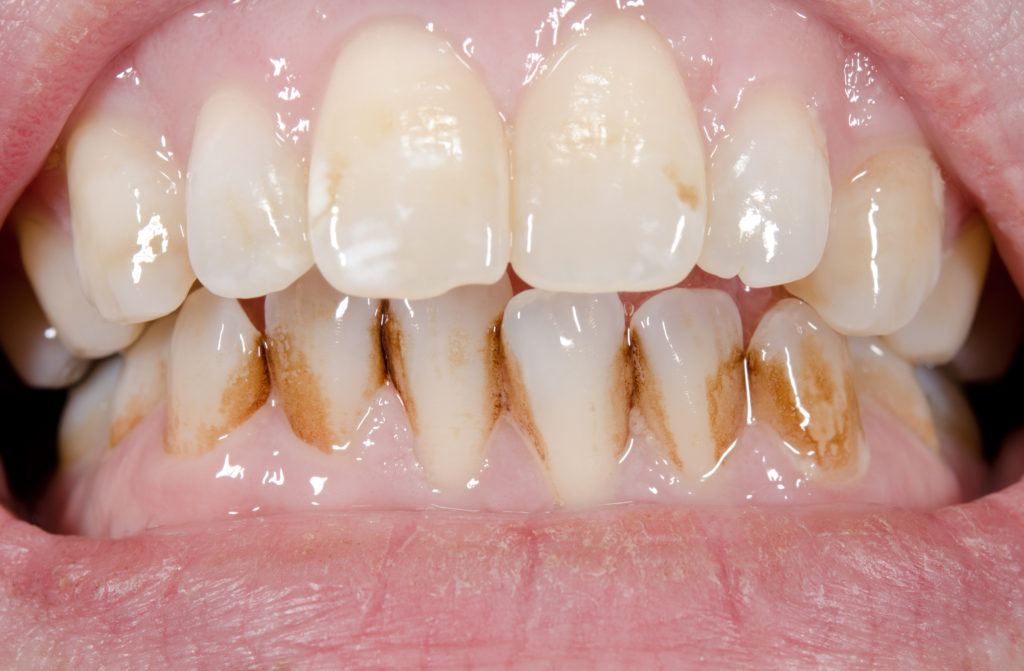

Dental care for smokers presents unique challenges, as tobacco use significantly increases the risk of various oral health issues. Smoking’s impact on the mouth extends beyond staining teeth; it can lead to gum disease, tooth loss, and even oral cancer. This article delves into the specific ways smoking damages oral health and offers practical solutions for maintaining a healthy smile while continuing to enjoy the pleasures of smoking. It will cover the various health risks associated with smoking, and will explain preventative measures that can help to protect your teeth and gums. We’ll also discuss the connection between smoking and oral cancer and highlight the importance of regular check-ups.
The Devastating Impact of Smoking on Oral Health
Initial Impacts of Smoking
Smoking has a profound and multifaceted impact on the mouth, leading to a host of potential oral health problems. The burning tobacco and smoke enter the mouth directly, causing damage to the soft tissues and also to the teeth in the mouth. Smoking also drastically reduces the ability of the mouth to heal from injuries and infections. Furthermore, smoking compromises the immune system’s ability to fight off infections, increasing the risk of oral infections such as gum disease. Studies have consistently shown a strong correlation between tobacco use and an increased susceptibility to periodontal diseases, which can lead to tooth loss.
Long-Term Complications
Beyond the initial effects, smoking often contributes to the development of long-term complications. Chronic gum disease can significantly erode the supportive structures around teeth, leading to painful mobility and eventual tooth loss. Smoking also significantly impairs the healing process, making it more difficult for tissues to recover from any damage. As a result, individuals who smoke frequently have a higher risk of developing severe gum disease and oral cancer.
Understanding the Mechanisms of Damage
The Role of Harmful Chemicals
Smoking exposes the oral cavity to a multitude of harmful chemicals, including nicotine, tar, and other toxins. These chemicals directly damage soft tissues within the mouth, causing inflammation and impairing the ability of cells to regenerate. As a consequence, the healing process in the mouth is dramatically slower. The toxins in smoke can damage the delicate tissues of the gums and the mouth overall. They also decrease blood flow to the mouth, hindering the delivery of nutrients and oxygen needed for healthy tissue regeneration. This ultimately hinders the natural defense mechanisms of the body from fighting off bacteria or infections. The combined effect of these harmful elements contributes to an increased susceptibility to gum disease and oral cancer, among other problems.
Impact on Immune Function
Smoking profoundly affects the immune system. The chemicals in smoke suppress the body’s ability to fight infections, weakening the natural defenses against bacteria and viruses, increasing inflammation of gums and reducing the resistance to infection. This immune suppression translates into a higher risk of gum disease and other oral infections. As a consequence, smokers are more vulnerable to oral infections and the progression of those infections to oral diseases.
Preventing and Addressing Oral Health Issues in Smokers
Proactive Dental Care
Proactive dental care is crucial for smokers. Regular dental check-ups and professional cleanings, at least twice a year, are essential to detect any early signs of gum disease or oral cancer. This also helps to prevent the spread of oral infections. Early diagnosis and intervention are vital for managing oral health issues effectively.
Lifestyle Modifications
In addition to regular check-ups, smokers can adopt lifestyle modifications to enhance their oral health. This includes maintaining excellent oral hygiene practices by brushing at least twice a day and flossing regularly to remove plaque and food particles. Limiting sugar intake can also help prevent cavities. Moreover, quitting smoking is the most effective way to reverse the negative effects of smoking on oral health. Stopping smoking, while challenging, has many benefits including improved overall health and a cleaner healthier mouth.
Smoking and Oral Cancer: A Serious Concern
Increased Risk of Oral Cancer
Smoking is a significant risk factor for oral cancer, a potentially life-threatening disease. The carcinogens in tobacco smoke can damage the cells lining the mouth and throat, leading to cancerous growths. Smoking significantly increases the risk of oral cancers, with smokers being significantly more susceptible. Regular check-ups and screenings, alongside proper habits and maintenance of oral hygiene, can help to prevent the spread and development of oral cancers.
Early Detection and Treatment
Early detection is essential for successful treatment of oral cancer. Regular dental check-ups can help detect any suspicious lesions or growths in the mouth early on. Early diagnosis and treatment can greatly improve the chances of a favorable outcome. Smokers should pay close attention to any unusual sores, lumps, or changes in the mouth and promptly notify their dentist.
The Importance of Tobacco Cessation
Quitting Smoking for Oral Health
Quitting smoking is undoubtedly the most significant step a smoker can take to improve their oral health. Cessation reduces the harmful effects of smoking on the mouth and body. Stopping smoking has significant positive impacts on oral health and overall health, contributing to a healthier mouth and better quality of life. Quitting reduces the risk of developing oral cancer and other oral diseases by removing the exposure to harmful chemicals.
Support Systems and Resources
Many resources are available to support smokers in quitting. These include counseling services, support groups, and medications. These can help smokers overcome nicotine dependence. Consulting a healthcare provider is beneficial to smokers, to determine which methods and support systems are best suited to help them quit smoking.
In conclusion, dental care for smokers necessitates a proactive approach emphasizing preventative measures and regular checkups. By understanding the heightened risks associated with smoking, smokers can take steps to mitigate these dangers and maintain optimal oral health. Schedule a consultation with your dentist today to discuss tailored strategies for maintaining a healthy smile and addressing any potential issues. Prioritize your oral health, and enjoy a lifetime of a confident smile!